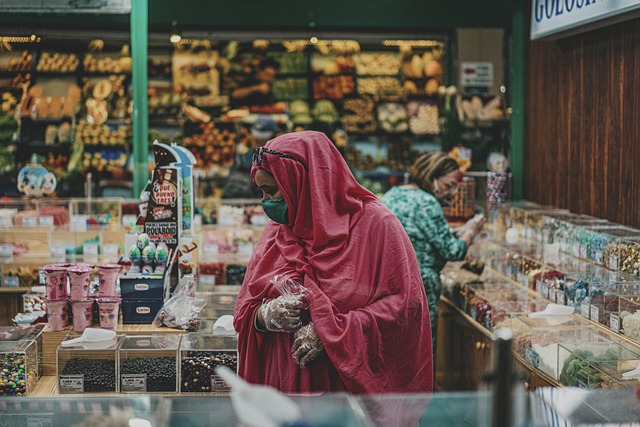Exploring Subscription-Based Eco-Friendly Baby Clothing Services: Organic Apparel for Infants
Organic clothing for babies is gaining popularity due to its numerous benefits. Organic fabrics such as cotton are free from harmful chemicals, making them gentle and safe for a baby’s sensitive skin. Babies have delicate skin prone to irritation, and organic clothing reduces the risk of allergic reactions or skin conditions, ensuring the comfort and well-being of the little ones.
Additionally, organic clothing is produced using sustainable practices that are gentle on the environment. The cultivation of organic materials avoids the use of synthetic pesticides and fertilizers, promoting healthier soil and water systems. By choosing organic clothing for babies, parents not only prioritize their child’s health but also contribute to a more sustainable and eco-friendly future for the planet.
Impact of Conventional Clothing on the Environment
Conventional clothing production has a significant impact on the environment. From the extensive use of harmful pesticides in cotton farming to the excessive water and energy consumption during manufacturing processes, every step in the production of conventional clothing contributes to environmental degradation. Moreover, the presence of synthetic fibers like polyester releases microplastics into the waterways when the garments are washed, further polluting the environment.
The fashion industry is notorious for its contribution to carbon emissions, with conventional clothing manufacturing and transportation processes accounting for a significant portion of greenhouse gas emissions worldwide. The reliance on fossil fuels for synthetic fiber production and long-distance transportation of garments adds to the industry’s carbon footprint. Additionally, the disposal of clothing leads to massive amounts of textile waste in landfills, exacerbating the environmental impact of conventional clothing production.
Subscription-Based Baby Clothing Services: A Sustainable Choice
Subscription-based baby clothing services offer a sustainable approach to dressing your little one. By opting for this convenient method, you can reduce the environmental impact of fast fashion and overconsumption. These services often prioritize organic and ethically made clothing, promoting a more eco-friendly way of dressing your baby.
Moreover, subscription-based baby clothing services can save you time and effort by providing a constant supply of well-curated outfits. With the convenience of having new items delivered to your doorstep regularly, you can ensure that your baby is always dressed in high-quality, stylish clothing without the hassle of shopping in physical stores or online.
Subscription-based baby clothing services reduce the environmental impact of fast fashion and overconsumption
They prioritize organic and ethically made clothing, promoting eco-friendly practices
These services save time and effort by providing a constant supply of well-curated outfits
Having new items delivered regularly ensures your baby is always dressed in high-quality, stylish clothing without shopping hassle
What are the benefits of organic clothing for babies?
Organic clothing for babies is made from natural materials that are free from harmful chemicals, making them gentle on your baby’s sensitive skin. They are also more breathable and comfortable for your little one to wear.
How does conventional clothing impact the environment?
Conventional clothing production involves the use of pesticides, synthetic dyes, and other harmful chemicals that can pollute the environment and harm wildlife. Additionally, the fast fashion industry contributes to a significant amount of textile waste that ends up in landfills.
Why are subscription-based baby clothing services considered a sustainable choice?
Subscription-based baby clothing services often offer organic and sustainable clothing options, reducing the environmental impact of traditional clothing production. By renting or exchanging clothing items, parents can also reduce textile waste and promote a circular economy.







